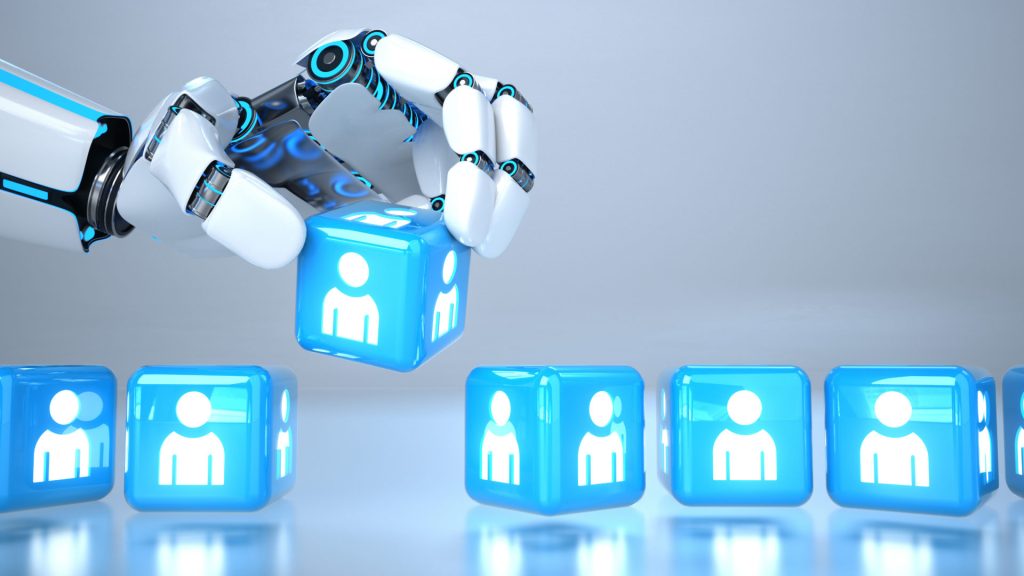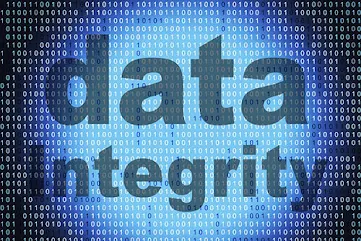The Real Cost of Hiring the Wrong AI Engineer

Every business today feels the pressure to integrate artificial intelligence. From predictive analytics to automation, the potential benefits are enormous. But with opportunity comes risk, especially when it comes to talent. Many companies rush to hire AI engineers, only to realize too late that they have chosen the wrong person. The real cost of hiring the wrong AI engineer is much higher than just a salary figure—it can impact innovation, reputation, and long-term competitiveness.
Beyond Salary: The Hidden Costs of a Bad Hire
On paper, a mis-hire looks like a six-figure loss tied to salary, benefits, and recruitment expenses. In reality, the damage runs much deeper. A poorly skilled AI engineer can misalign technical decisions with business goals, leading to months of wasted development time. Instead of building scalable, production-ready systems, teams may end up with half-finished prototypes that collapse under real-world conditions.
For companies in industries like healthcare, finance, or logistics, the stakes are even higher. A faulty machine learning model could misclassify patients, expose data to security risks, or make inaccurate financial predictions. The wrong hire introduces risks that go beyond inefficiency—they can create liabilities that ripple across the organization.
The Opportunity Cost of Lost Momentum
AI adoption is not just about what you build, but how fast you build it. The wrong engineer can slow a company’s innovation cycle by months or even years. While competitors are deploying AI-driven solutions, a struggling team may still be debugging models or rethinking infrastructure.
This delay comes with opportunity costs. Investors may lose confidence, customers may turn to competitors, and internal stakeholders may question whether the AI strategy is viable at all. In a fast-moving market, lost momentum is difficult to recover.
Team Morale and Retention Challenges
Hiring the wrong AI engineer doesn’t just affect project outcomes—it impacts the entire team. Skilled data scientists and software engineers quickly grow frustrated if they must constantly correct poor work or rebuild flawed systems. Over time, this can lead to turnover among your strongest performers, compounding the cost of a single bad hire.
In contrast, the right AI engineer elevates the team. They act as a bridge between technical complexity and business strategy, inspiring confidence and setting a foundation for scalable growth. The cultural impact of the right or wrong hire cannot be overstated.
Reputation and Trust at Stake
When AI initiatives fail, the consequences extend beyond internal inefficiency. Stakeholders—whether customers, regulators, or investors—may lose faith in the company’s ability to innovate responsibly. In industries under tight regulatory scrutiny, a failed AI rollout can even invite audits or penalties.
Trust is one of the most valuable assets a business holds. Rebuilding it after an AI project failure often takes more time and money than the original initiative.
How to Avoid the Wrong AI Hire
Preventing these costs begins with a disciplined hiring process. Companies must look beyond flashy resumes and technical jargon. A great AI engineer is not only skilled in machine learning algorithms, but also understands data engineering, deployment pipelines, and ethical considerations.
Strong candidates demonstrate curiosity and the ability to communicate complex ideas to non-technical stakeholders. They know how to balance experimentation with pragmatism, ensuring that AI models do not just work in theory but deliver measurable business outcomes.
Partnering with experienced recruiters who understand AI roles, using technical assessments that simulate real-world problems, and involving cross-functional stakeholders in interviews can all reduce the risk of a mis-hire.
Takeaway: The Strategic Value of Hiring Right
The real cost of hiring the wrong AI engineer extends far beyond a single paycheck. It is measured in lost time, missed opportunities, damaged morale, and eroded trust. For companies betting their future on artificial intelligence, the stakes could not be higher.
By investing in a careful hiring process and prioritizing engineers who blend technical depth with business acumen, organizations can safeguard their AI strategy. The right hire is not just an employee—they are a multiplier of innovation and a cornerstone of long-term success.







